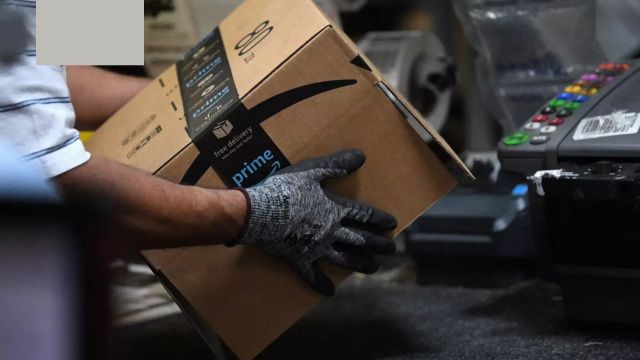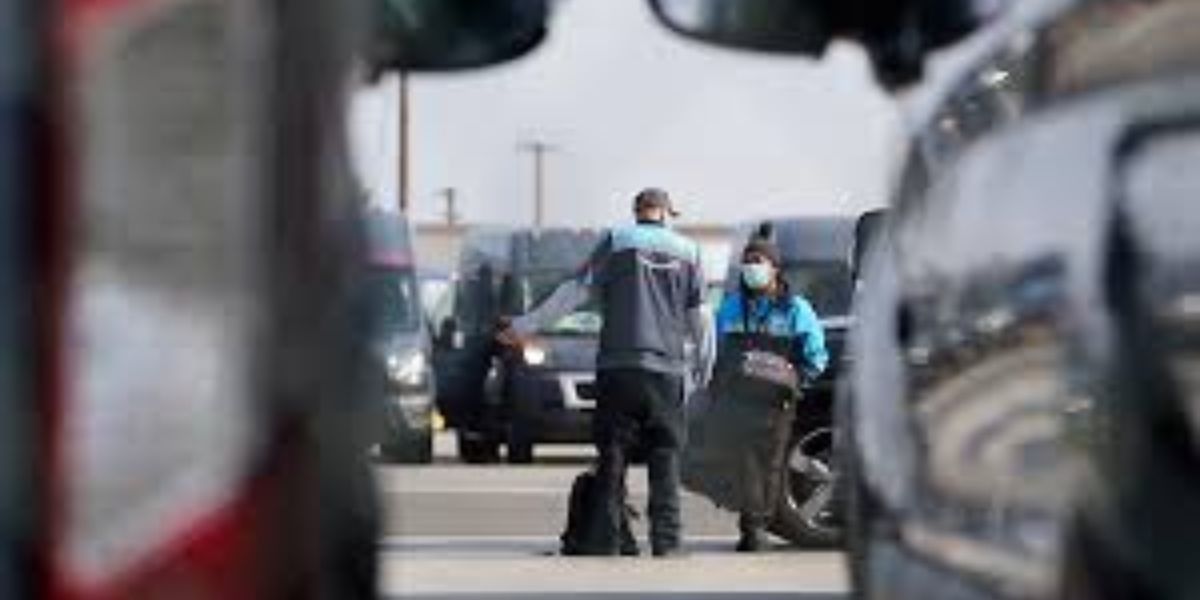California, USA —
Federal labor agency prosecutors have rejected Amazon’s assertions that the drivers it hired to deliver parcels in California are not really employees and instead found that the business and the drivers are joint employers.
An NLRB regional director in Los Angeles reached the conclusion after the agency looked into the Teamsters union’s allegations of unfair labor practices against the business.
Amazon drivers have been the target of efforts by the well-known labor organization that represents UPS drivers to form a union. But it hasn’t been without its share of problems; the fact that it depends on thousands of third-party companies to deliver millions of consumer items daily is the biggest one.
More than 275,000 drivers are currently employed by these companies, which are known as Delivery Service Partners, or DSPs.

The Teamsters and other labor groups have long argued that Amazon ought to be considered a joint employer due to the excessive influence it exerts over its drivers, including through the determination of their routes, the establishment of delivery targets, and the monitoring of their performances.
SEE MORE –
California Trucking Association Drops AB5 Appeal, Marking a New Era for Trucking Regulations
A DSP in Palmdale, California, named Battle Tested Strategies, employs dozens of drivers. The Teamsters announced last year that they had unionized these drivers. The labor organization declined to sign a union contract with Amazon, so they filed many allegations of unfair labor practices against the corporation.
On Thursday, NLRB spokesperson Kayla Blado stated that three of the accusations had been “merit determined” by agency prosecutors. One of these charges related to the fact that the drivers employed by Battle Tested Strategies were jointly employed by Amazon and the firm.
Furthermore, the prosecution found that Amazon had unconstitutionally threatened the union and had withheld pertinent information from the union. Blado added that the two companies had “unlawfully failed and refused to bargain with the union over the effects of the decision to terminate” the DSP’s contract last year, further establishing their guilt.
Prosecutors, she added, have dropped several allegations against Amazon, including one that had claimed retaliation for the company’s decision to end its contract with the unionized DSP.
The NLRB’s administrative law system would be used to litigate the agency’s lawsuit against Amazon in the event that a settlement cannot be reached. After a judge’s ruling, Amazon can take the matter to the agency’s board for further review, and then to a federal court if necessary.
Teamsters’ claims lack validity, as previously stated by Amazon spokesperson Eileen Hards. “If the agency chooses to pursue legal action regarding the remaining allegations, we anticipate that they will also be dismissed.”
At the same time, Sean M. O’Brien, president of the Teamsters general union, heavily promoted the results.
O’Brien stated, “Amazon drivers have taken their future into their own hands and won a monumental determination that makes clear Amazon has a legal obligation to bargain with its drivers over their working conditions.”
